A growing ecosystem for early detection.
In the flow of decision-making, insight is everything.
Lunit x Volpara's AI driven software
Empowers clinicians to make informed decisions to conquer cancer
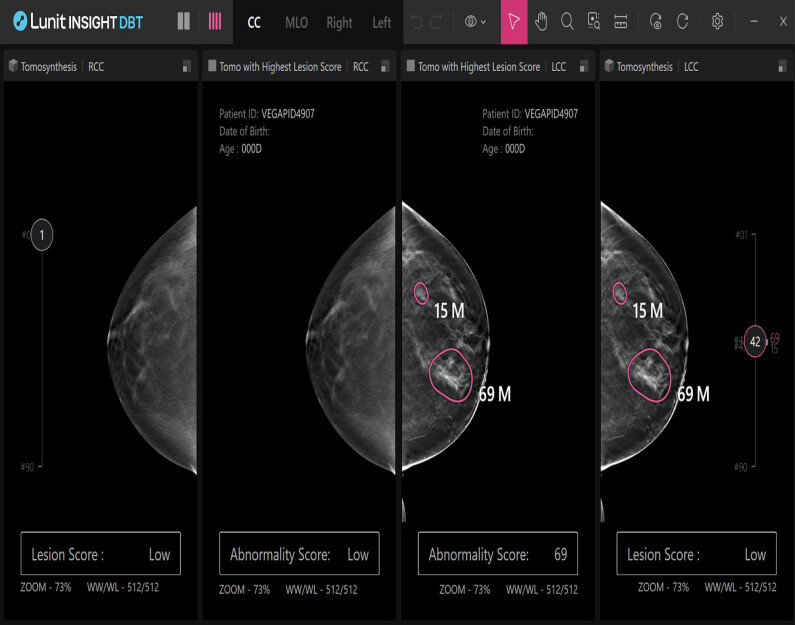
Detect cancers earlier
Lunit INSIGHT for Breast
Deep learning algorithms to identify lesions and abnormalities
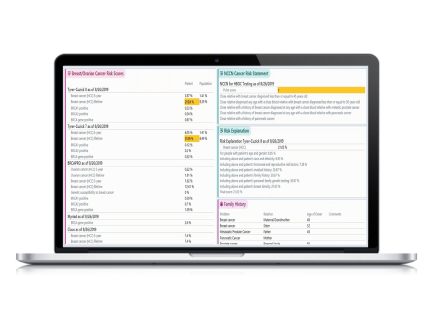
Assess patient risk
Volpara Risk Pathways®
NAPBC, ACR, SBI, NCCN and ASBrS all recommend cancer risk assessment to guide high-risk protocols
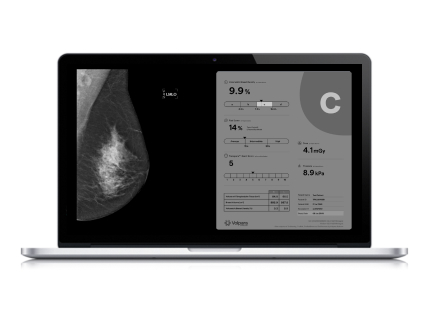
Precisely measure breast density
Volpara Scorecard™
Measure breast density automatically, objectively and volumetrically for more precise risk assessment
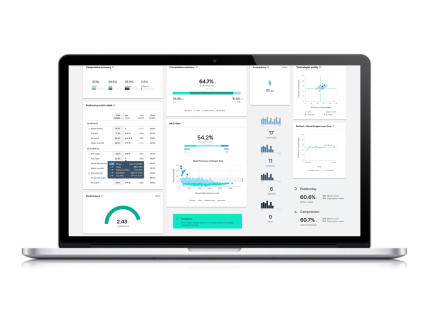
Optimize image quality
Volpara Analytics™
Overcome staff shortages and workload burdens with AI image quality analysis to speed compliance and optimize training
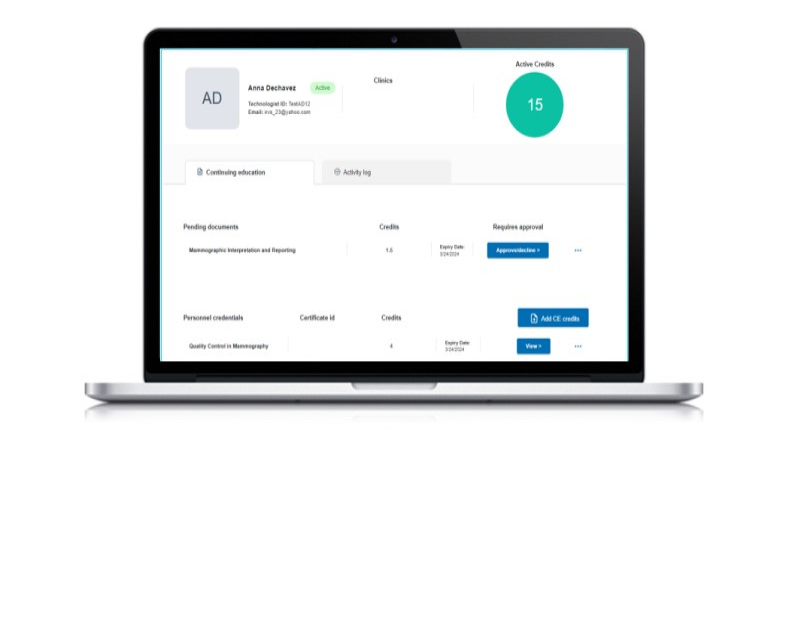
Centralize MQSA compliance
Volpara Quiver™
An online destination to manage mammography systems, staff credentials, and professional development
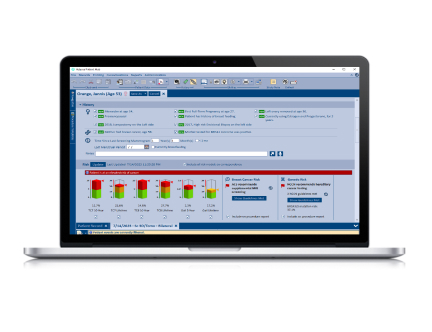
Simply reporting
Volpara Patient Hub™
Level-up to a modern mammography reporting and patient tracking system with seamless integration
RSNA 2024 Abstracts
Volpara x Lunit featured in scientific presentations
Analytics
Improvement of mammography breast positioning quality scores with technical repeat views
This study evaluates Volpara’s TruPGMI™ automated quality score in nearly 2000 UK screening mammograms, revealing that TruPGMI could enhance radiographer feedback, improve positioning, and reduce technical repeat rates. (Authors: R. Letts, J. Harms, M. Hill; Volpara Health)
INSIGHT DBT
Use of artificial intelligence to reduce the interval cancer rate of screening DBT
The purpose of this study is to assess whether an AI algorithm can correctly localize FN cancers, both interval cancers (symptomatic FN cancers) and asymptomatic FN cancers, on screening DBT examinations and to compare features of interval cancers detected versus not detected by AI. (Authors: M. Bahl, S. Langarica, A. Kniss, S. Do; Massachusetts General Hospital)
INSIGHT DBT
Performance of a commercial digital breast tomosynthesis cancer detection model in a large, racially diverse US screening population.
To investigate the standalone performance of a commercially available artificial intelligence (AI) algorithm for breast cancer detection on digital breast tomosynthesis (DBT) images in a large, racially heterogeneous US screening population, both overall and by various patient subgroups. (Authors: H. Trivedi, J. Wawira Gichoya; Emory University School of Medicine)
Visit Volpara at RSNA
Secure time with our expert team now
Booth #4705
A proven partner
3,500+ facilities rely on Volpara to grow with them, positively impact revenue, and help find cancer earlier. See how at RSNA 2024.
...and more












